#jingzhi zou
Text
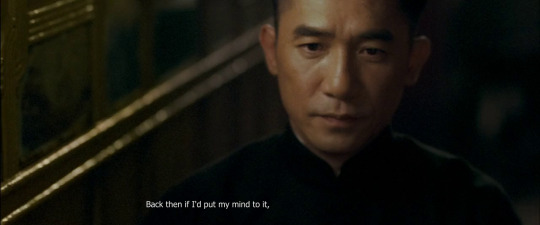
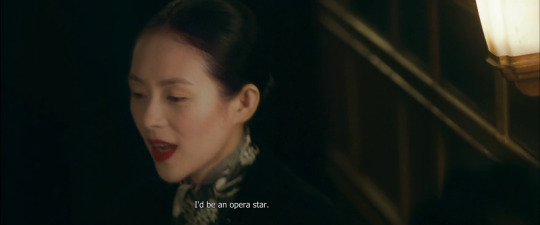

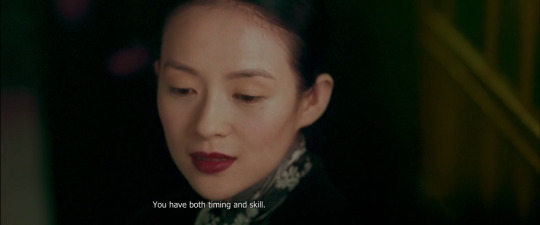

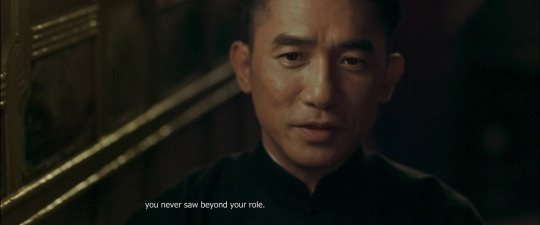
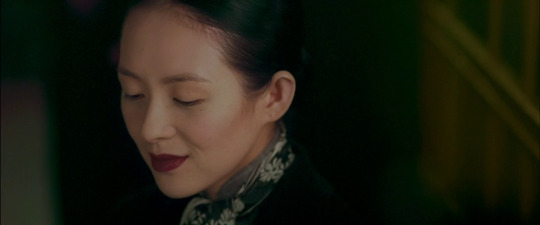

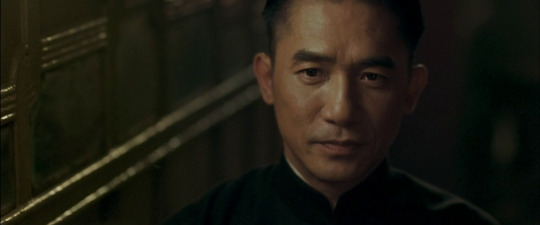

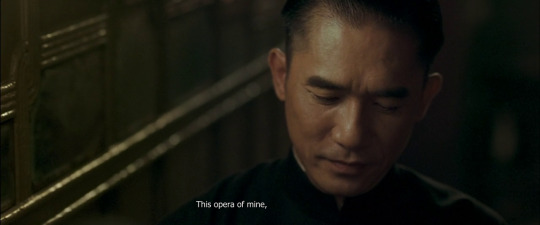
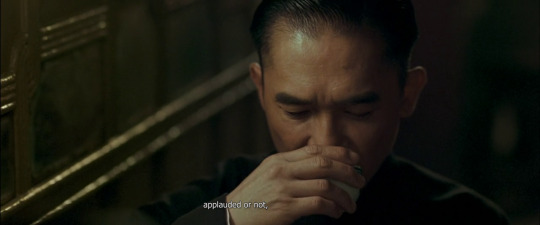
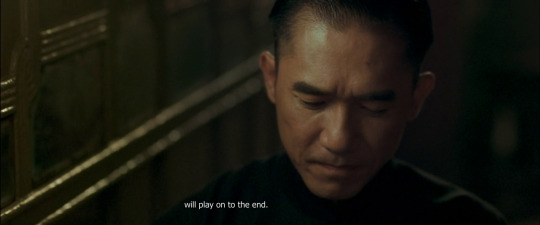
一代宗师, 2013
#action#biography#drama#一代宗师#the grandmaster#ip man#kar-wai wong#jingzhi zou#haofeng xu#tony leung chiu-wai#ziyi zhang#performance
4 notes
·
View notes
Text
A compilation of shadows: Ninth Building by Zou Jingzhi
A compilation of shadows: Ninth Building by Zou Jingzhi, translated by @JeremyTiang @open_letter @ChineseLit
From childhood till now, I’ve spoken many bold words. Publicly or in private, I’ve proclaimed the kind of person I wanted to be, though it never happened in the end. I feel like someone has somehow taken my place, leaving me to become the person I am now.
When I’m around too many people, I lose myself. In an unfamiliar city, among crowds of strangers, I keep having to stand still—not to ask…

View On WordPress
#book review#books#Honford Star#Jeremy Tiang#literature#Ninth Building#Open Letter#short stories#translation#Zou Jingzhi
0 notes
Text
Xuan Zang (2016) 大唐玄奘
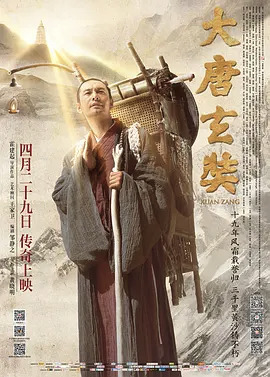

Director: Huo Jianqi
Screenwriter: Zou Jingzhi
Screenwriter: Zou Jingzhi Starring: Huang Xiaoming / Xu Zheng / Pu Bajia / Luo Jin / Tang Zhenye / Jin Rong / Tan Kai / Jiang Chao / Zhao Liang / Che Xiao / Lou Jiayue / Zhao Wenxuan
Genre: History
Country/Region of Production: Mainland China
Language: Mandarin Chinese
Date: 2016-04-29 (Mainland China)
Duration: 120 minutes
IMDb: tt5684550
Type: Crossover
Summary:
The film tells the legendary story of Xuanzang, an eminent monk of the Tang Dynasty who went to Tianzhu to learn Buddhist scriptures for 17 years despite difficulties and obstacles. In the Tang Dynasty, the young master Xuanzang (played by Huang Xiaoming) risked his life to sneak out of the country in order to seek the true meaning of Buddhism. He encountered difficulties and obstacles along the way, whether they be natural or man-made while also winning over the suffering of the people. Besieged by officers and soldiers, betrayed by his disciples, buried in the sea of sand, cut off from water and food, Master Xuanzang devoted himself to seeking the Dharma, and finally arrived in India. Carrying forward good thoughts and meditating on Buddhism in India, when he return home from the debate at the Uncovered Assembly, he was already an old man over fifty years old.
Source: https://en.wikipedia.org/wiki/Xuanzang_(film)
Link: https://www.youtube.com/watch?v=ulDzLjz0wdw&t=357s&ab_channel=%E6%8D%B7%E6%88%90%E5%8D%8E%E8%A7%86%E2%80%94%E5%8D%8E%E8%AF%AD%E7%94%B5%E5%BD%B1
#Xuan Zang#xuanzang#大唐玄奘#jttw media#jttw movie#movie#live action#crossover#tang sanzang centered#monk tripitaka#Tang Sanzang
12 notes
·
View notes
Photo
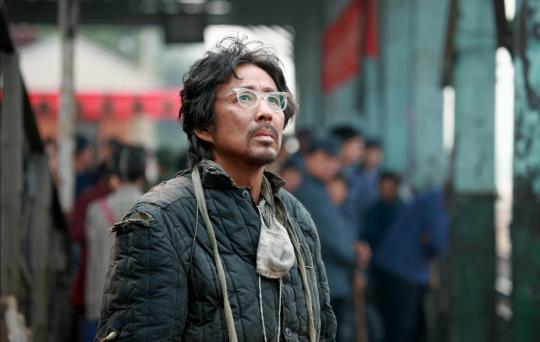
Chen Daoming in Coming Home (Zhang Yimou, 2014)
Cast: Chen Daoming, Gong Li, Zhang Huiwen, Guo Tao, Liu Peiqi, Zu Feng, Yan Ni, Xin Baiqing, Zhang Jaiyi, Chen Xiaoyi, Ding Jiali. Screenplay: Zou Jingxi, Zho Xiaofeng, based on a novel by Yan Geling. Cinematography: Zhou Xiaoding. Production design: Lin Chaoxiang, Liu Jiang. Film editing: Meng Peicong, Zhang Mo. Music: Qi Gang Chen.
Coming Home is a story of post-traumatic stress, in which the PTSD is not just manifest in particular people but in a whole society. The immense trauma of the Cultural Revolution of the 1960s and '70s was shared by an entire people, though it's embodied in Zhang Yimou's film in a single family: Lu Yanshi (Chen Daoming), his wife, Feng Wanyu (Gong Li), and their daughter, Dandan (Zhang Huiwen). Like many intellectuals, Lu, a professor, is sent during the Cultural Revolution to the countryside to work as a laborer, but he escapes and returns to his family, which has been warned by the authorities to turn him in. When he shows up at their home, Feng wants to hide him, but Dandan, an ambitious young ballet student, betrays him on the promise that she will get the lead role in a production of The Red Detachment of Women. When Lu is finally released and returns home, he finds that Dandan has given up her ballet career -- the promised lead role was denied her anyway -- and is estranged from her mother, who has never forgiven her. But Feng has suffered another trauma, which affects her memory: Not only does she forget mundane daily tasks, she also fails to recognize Lu when he appears. Because she has been told that he will be returning on the fifth of the month, she goes to the train station once every month to wait for him, returning in disappointment. Lu tries everything he can to restore his wife's memory: He pretends to be a piano tuner so he can play a song they once shared, and when a cache of letters he wrote to her on scraps of paper while in prison shows up, he reads them to her, becoming a familiar figure in her life and engineering a rapprochement between her and Dandan, but never quite breaking through the block in her memory. It's a somewhat conventional and sentimental story, but Zhang makes it work, with the special help of three exceptional actors. Gong Li gives one of her finest performances as the deeply damaged Feng Wanyu, her face revealing the exact moment when her flickering hopes of reunion with her husband are extinguished by doubt or disappointment or fear. Chen Daoming makes Lu's patient, dogged attempts to cope with his wife's disorder credible, even when the script by Zou Jingzhi sags occasionally into predictability. And Zhang Huiwen, discovered by Zhang Yimou at the Beijing Dance Academy, is both a fine dancer and an actress capable of evoking Dandan's adolescent petulance.
0 notes
Photo
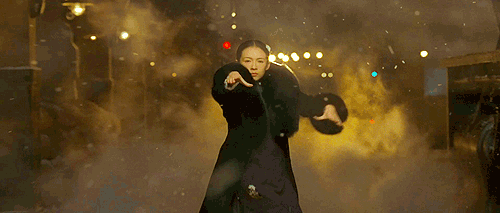
My father would always say, people who practice martial arts go through three stages: seeing yourself, seeing the world, seeing all living beings.
The Grandmaster (Yi dai zong shi), Wong Kar-Wai (2013)
#Kar Wai Wong#Jingzhi Zou#Haofeng Xu#Tony Chiu Wai Leung#Ziyi Zhang#Chen Chang#Song Hye Kyo#Benshan Zhao#Qingxiang Wang#Jin Zhang#Tielong Shang#Woo Ping Yuen#Hoi Pang Lo#Elvis Tsui#Kar Yung Lau#Philippe Le Sourd#Shigeru Umebayashi#Nathaniel Méchaly#Stefano Lentini#William Chang#Hung Poon#2013
16 notes
·
View notes
Video
youtube
Film: Xuan Zang (2016)
Language: Chinese
Subtitles: English
Director: Huo Jianqi
Producer: Wong Kar-wai, Jiaren Karren Wang
Writer: Jingzhi Zou
Screenplay: Jingzhi Zou
Cast: Huang Xiaoming, Zheng Xu, Purba Rgyal
Music: Wang Xiaofeng
Cinematography: Sun Ming, Satish Bhargav
Editor: Weijie Cao
Production Design: Ming Wu
Production: China Film Corporation, Eros International
Distributor: China Film Group Corporation
Description: During the Tang Dynasty's era of "Zhen Guan" (of Emperor Taizong), Xuan Zang, a young Buddhist monk, in his quest to find the knowledge in Buddhism, embarks on a journey to India, that is fraught with perils and dangers. He encounters natural disasters, and sees the sufferings of the common people. Soldiers get in his way, his disciple betrays him, he struggles through deserts, and is short on food and water. He finally arrives in India, and studies Buddhism in earnest. By the time he returns to China, he is 50 years old.
2 notes
·
View notes
Text
#FEFFTALK
Chloe Maayan (Three Husbands) & Ye Tian (When Love Blossoms)
I protagonisti del panel di oggi sono due promettenti artisti di appena trent’anni: Chloe Maayan, l’attrice protagonista del film Three Husbands e Ye Tian, regista di When Love Blossoms. Entrambe le pellicole sono state proiettate al Festival in prima visione europea.
Chloe Maayan, nonostante la sua giovane età, è già molto nota al pubblico grazie ai suoi film precedenti, uno dei quali è il premiato lungometraggio cinese Lost in Beijing (2007), ed è fresca dall’Hong Kong Film Award come Migliore attrice per il suo ruolo in Three Husbands. Sul palco ci racconta la sua esperienza nell’interpretare la prostituta dalla libido sfrenata protagonista della pellicola, una performance che ci descrive essere stata difficile e impegnativa.
La prima difficoltà, ci rivela, è stato il fisico che la protagonista doveva avere: nella mente del regista era molto più grassa. Per assumere l’aspetto giusto, Chloe ha dovuto prendere peso, sconvolgendo completamente la sua dieta. Ciò l’ha fin da subito portata a considerare il personaggio un individuo al di là della sua comprensione: una donna talmente preda delle sue passioni dall’oltrepassare il limite tra l’umano e l’animalesco. La concentrazione sulla costruzione del ruolo era talmente alta da portare l’attrice ad abbandonare ogni forma di contatto con l’esterno, isolandosi da parentele e amicizie.
La parte più difficile, però, è arrivata con l’inizio delle riprese. Né l’attrice né il regista avevano ancora una precisa idea dello stile registico da seguire per ritrarre al meglio il personaggio e i primi dieci giorni di riprese sono stati spesi andando per tentativi. La sceneggiatura, inoltre, prevedeva location particolarmente impegnativi dal punto di vista recitativo, come lo spazio stretto e angusto all’interno di una barca. “Non ero mai stata su una barca”, ci racconta “ma è anche per questo che sono così felice di aver recitato in questo ruolo: mi ha permesso di vivere esperienze nuove, che è anche uno dei motivi che mi spinsero, quattordici anni fa, ad intraprendere la carriera di attrice”.

Ye Tian, classe 1988 e promettente regista, presenta per la prima volta in Europa il suo When Love Blossoms, una storia incentrata sull’incontro tra l’arte teatrale e la vita reale.
Il giovane regista, nato in Cina, ha trascorso diversi anni della sua vita in Canada, a Toronto, ed è lì che ha intrapreso gli studi cinematografici, di regia per la precisione. La sua decisione di tornare in Cina per girare questo lungometraggio drammatico nasce dalla voglia di raccontare e far conoscere al grande pubblico una particolare realtà della città di Pechino: quella popolare, fatta soprattutto di giovani cinesi che dalla campagna o dalla periferia si trasferiscono nelle grandi metropoli per cercare fortuna, o perlomeno per cercare di guadagnarsi da vivere in qualche modo. Lo fa in un modo piuttosto particolare: cerca di connettere uno spettacolo teatrale (tratta da un’opera del famoso poeta e drammaturgo Zou Jingzhi) alla vita reale di questo giovane corriere, che vuole dimostrare il suo amore alla sua coinquilina.
Il suo scopo è stato quindi quello di mettere in scena la realtà, triste e a volte frustrante, della vita quotidiana in alcuni dei suoi aspetti, dal lavoro alla vita sentimentale, in modo che i giovani di oggi, che sono alla ricerca di un ruolo nella società, possano riconoscersi nei protagonisti, motivo per cui ha deciso di lasciare aperto il finale della storia.
A cura di Chiara Saretta e Laura Verdesca
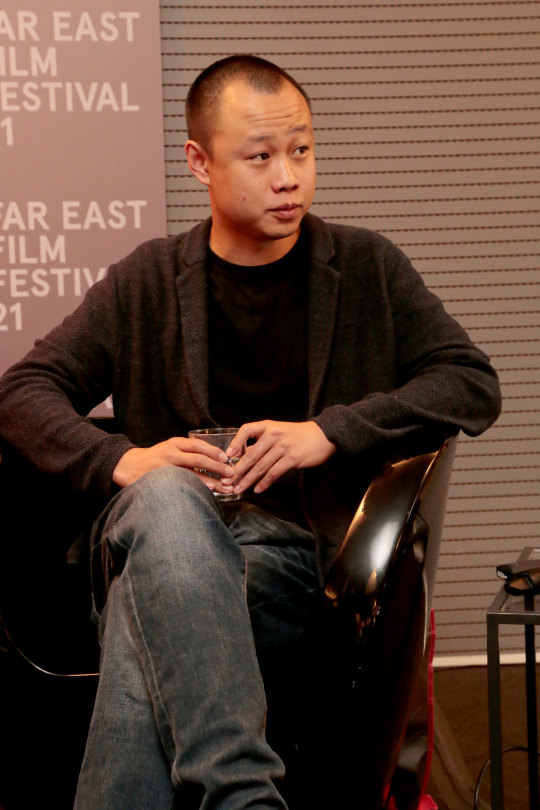
1 note
·
View note
Photo
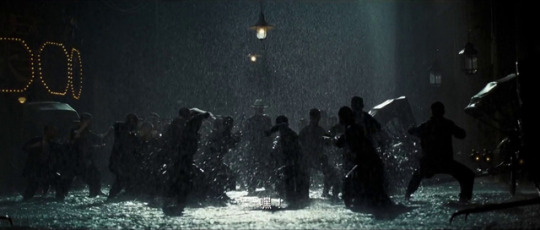
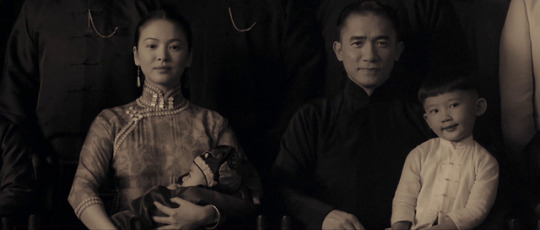
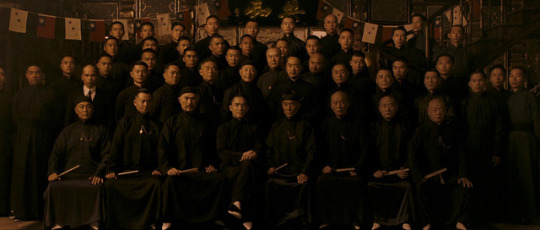


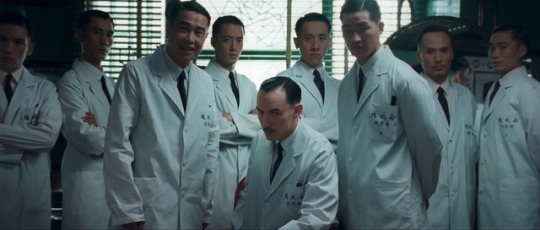

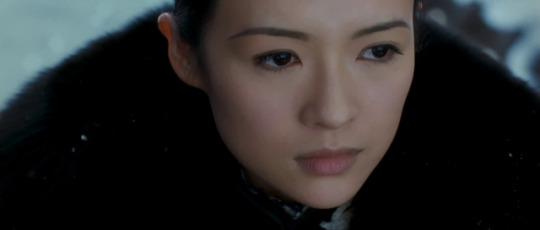


The Grandmaster, directed by Wong Kar-wai, screenplay by Wong Kar-wai, Zou Jingzhi, and Haofeng Xu, cinematography by Philippe Le Sourd, and edit by William Chang and Poon Hung Yiu.
117 notes
·
View notes
Text
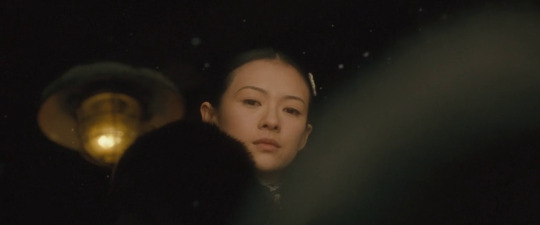
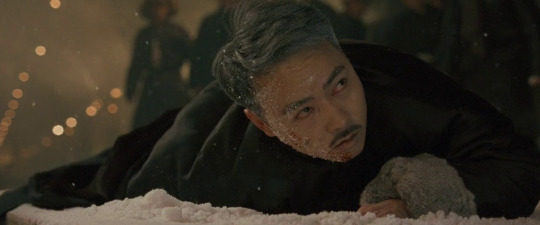

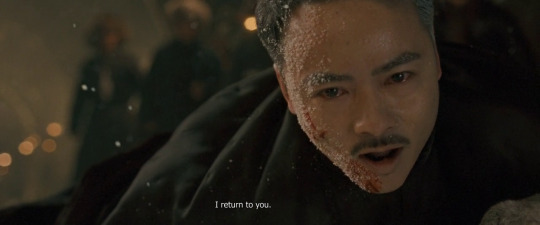


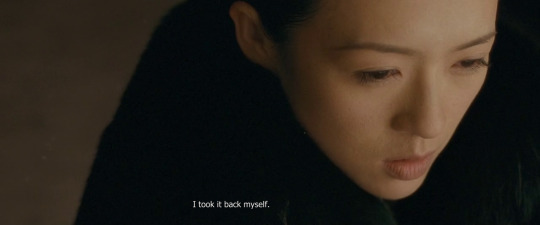
一代宗師, 2013
#一代宗師#一代宗师#the grandmaster#yi dai zong shi#action#biography#drama#kar-wai wong#jingzhi zou#haofeng xu#ziyi zhang#jin zhang#revenge
5 notes
·
View notes
Text
The Grandmaster
IP MAN: What's your style?
The Grandmaster
Starring Tony Chiu Wai Leung, Ziyi Zhang, Jin Zhang
Written by Wong Kar Wai, Jingzhi Zou, Haofeng Xu
Directed by Wong Kar Wai
Plot: The legendary story of Ip Man, the man who trained martial arts master and superstar, Bruce Lee.
"The most poetic and visually stunning martial arts film I have ever witnessed. Kung Fu has never looked or sounded this good! Wong Kar Wai is a grandmaster of filmmaking."
0 notes
Photo
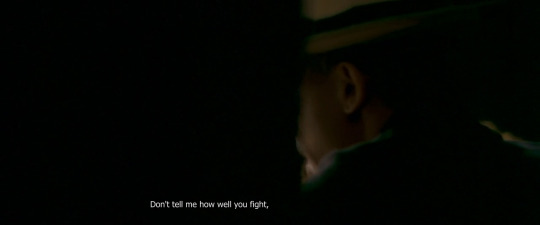

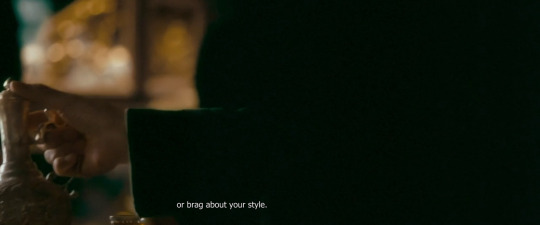


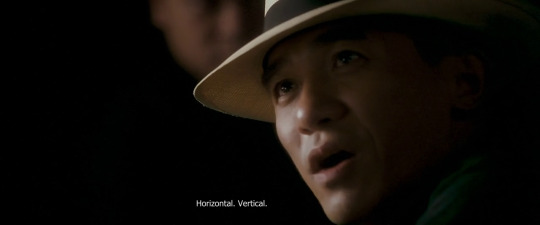
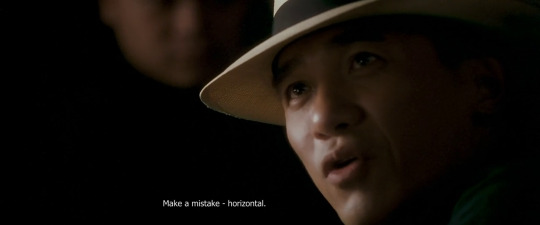



一代宗师, 2013
#action#biography#drama#一代宗师#the grandmaster#yīdài zōngshī#kar-wai wong#jingzhi zou#haofeng xu#tony chiu-wai leung#simplicity#ip man
5 notes
·
View notes